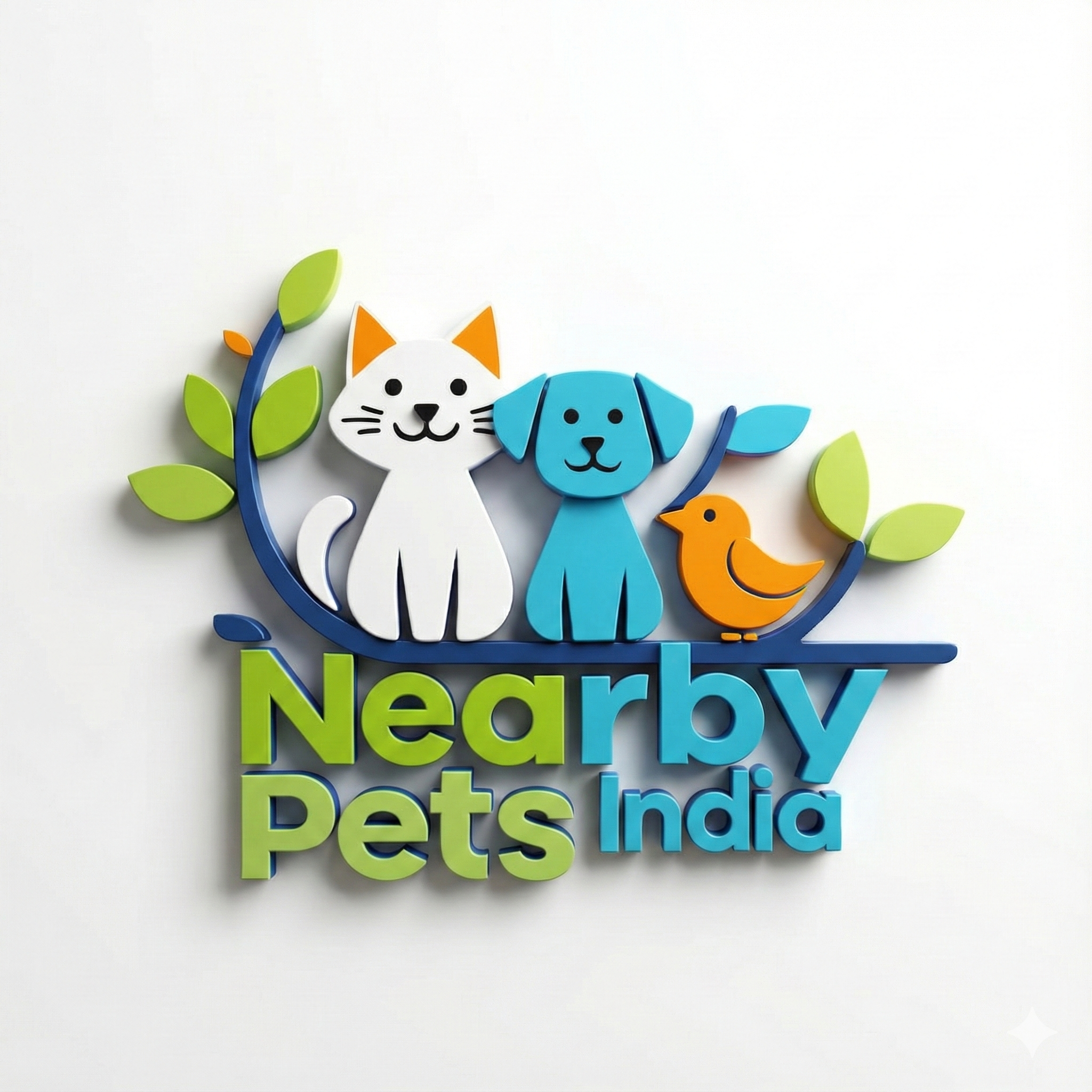How to Choose the Perfect Pet for Your Lifestyle
- Nearby Pets India
- May 26, 2025
- 4 min read
Choosing a pet is a significant decision that should reflect your lifestyle, preferences, and living situation. Pets bring joy, companionship, and sometimes even responsibility into our lives. With numerous types of pets available, identifying the one that fits your routine can sometimes feel overwhelming. This guide will help you navigate through the essentials in selecting the perfect pet!
Finding Your Perfect Pet Match
Before diving into specifics, it’s crucial to understand your lifestyle. Ask yourself these questions:
How much time can you dedicate to a pet daily?
Do you have allergies to certain animals?
What’s your living situation like? (house, apartment, etc.)
Are there children in your household?
Once you understand your needs, you can evaluate the various types of pets available. Pets vary widely in their care requirements, activity levels, and companionship needs. For instance, a cat may be suitable for a busy individual who enjoys independence, whereas a dog often requires more attention and time.

Assessing Time and Commitment for Your Perfect Pet
Different pets demand varying levels of care and time. Here’s a breakdown of some popular pets and their typical requirements:
Dogs
Time Commitment: Dogs generally need 1-2 hours of your time each day for walks, play, and training.
Ideal For: Active individuals or families who enjoy spending time outdoors.
Cats
Time Commitment: Cats are more independent and typically require less time daily.
Ideal For: Busy people or those living in smaller spaces.
Fish
Time Commitment: Setting up the tank requires some initial effort, but maintenance is generally low.
Ideal For: Individuals who enjoy watching animals but have limited space or time.
Small Animals (Rabbits, Hamsters)
Time Commitment: Small pets need daily care but can be easier to manage.
Ideal For: Families with older children who can assist with care.
With these considerations, think about how much time you can realistically commit. Factor in your work schedule, social life, and general activity levels when making your decision.

What Kind of Pets Are Legal in India?
When considering a pet in India, it's essential to know what animals you can legally adopt. The Animal Welfare Board of India regulates pet ownership, ensuring that creatures are treated humanely. Here are some common pets that are generally permitted:
Dogs: Popular choice, available in various breeds and sizes.
Cats: Cats are similarly popular and offer companionship without heavy maintenance.
Fish: Freshwater and saltwater fish can be kept in aquariums.
Birds: Some birds, like budgerigars and canaries, are legal.
Small mammals: Hamsters, guinea pigs, and rabbits are also permitted.
It's crucial to remember that exotic pets, such as certain reptiles and birds requiring special permits, may be illegal. Be aware of local laws and regulations before making a decision to ensure that your pet choice is compliant.
Evaluating Space: Does Your Living Situation Suit Your Perfect Pet?
Your home environment plays a vital role in determining the type of pet you can have. Here are some factors to consider based on your living situation:
Apartment Living: Smaller pets like cats or small dogs are generally more suitable. Ensure your apartment has enough room for them to move and play.
House with a Yard: Larger breeds of dogs benefit from having space to run and play. A back yard can also serve as a great area for training.
Shared Living: Consider whether your housemates are comfortable with pets. Some individuals may have allergies, which can restrict your options.
Ultimately, make sure your living space matches the pet's needs. For instance, an active dog will thrive in a larger environment where it can expend energy, while cats are often sufficient with vertical space to climb and play.

Understanding Lifespan and Financial Commitment
When choosing a pet, consider both lifespan and financial commitments. Different animals require different levels of investment over their lifetime. Here’s an overview:
Dogs: Lifespan: 10-15 years. Estimated annual cost: $1,000-$3,000.
Cats: Lifespan: 10-15 years. Estimated annual cost: $500-$2,000.
Fish: Lifespan: 1-10 years. Estimated setup cost: $200-$500.
Small Mammals: Lifespan: 2-10 years. Estimated annual cost: $300-$1,000.
Make sure to budget for food, healthcare, and supplies. Regular vet check-ups are essential for your pet’s health, and it’s important to consider costs for emergencies or unexpected conditions.
Remember, adopting a pet should not solely be about the immediate benefits; you are bringing a living creature into your life for its entire lifespan. Make sure you can offer the stability and care it needs.
Where to Find Your Perfect Pet
Once you’ve evaluated your options, it’s time to find your potential pet. Many resources can help you meet your ideal companion:
Local Animal Shelters: Adopting from shelters is compassionate and often provides a loving pet at a lower cost.
Reputable Breeders: If you prefer a specific breed, seek out knowledgeable breeders who prioritize the well-being of their animals.
Pet Stores: Some stores, like nearby pets india, offer various pets and supplies, but ensure they focus on ethical sourcing.
Each option has its pros and cons, including cost, availability, and the potential for health issues. Regardless of where you decide to find your new pet, always prioritize their welfare and your ability to provide a loving home.
Making the Final Decision
After assessing your lifestyle, understanding the requirements of different pets, and exploring sourcing options, it’s time to make a decision. Here are some final pointers:
Involve Your Family: If you have a family or live with others, ensure everyone is on board with the choice.
Consider Future Changes: Life changes, like moving or having children, can impact your ability to care for a pet.
Trust Your Instincts: Finding the right pet may require some trial and error. Don’t rush; take your time to find a companion that fits seamlessly into your life.
Choosing the perfect pet is about compatibility, love, and commitment. By following these guidelines, you can ensure that you’ll be welcoming a furry—or perhaps finned—friend that complements your lifestyle perfectly!




Comments